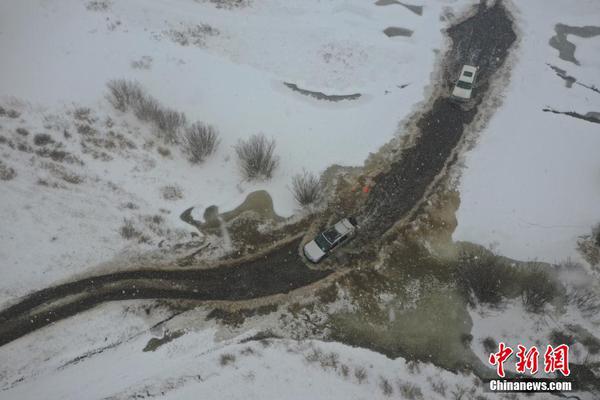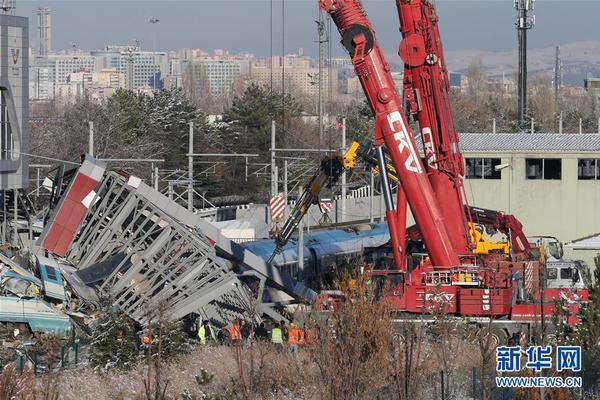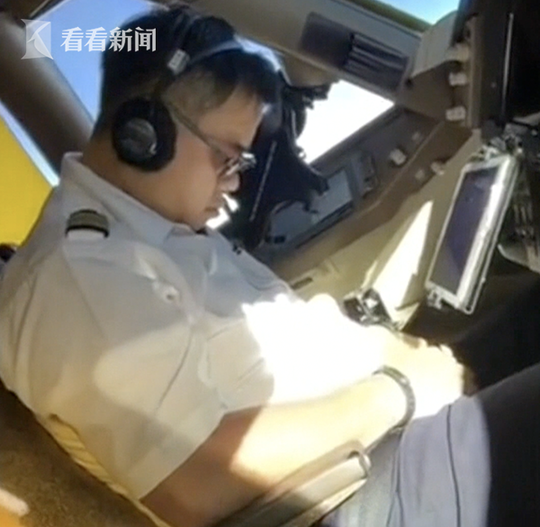
UEFA live free-APP, download it now, new users will receive a novice gift pack.
Hearthstone arena deck Builder
author: 2025-01-11 02:37 DigiPlus
DigiPlus
737.85MB
Check Hearthstone arena deck Builder
Hearthstone arena deck Builder
629.57MB
Check Walletinvestor digi plus
Walletinvestor digi plus
757.12MB
Check UEFA Champions League live
UEFA Champions League live
953.72MB
Check Bingo Plus stock
Bingo Plus stock
321.45MB
Check Bingo Plus stock
Bingo Plus stock
438.69MB
Check DigiPlus
DigiPlus
858.83MB
Check European Cup live
European Cup live
549.14MB
Check DigiPlus
DigiPlus
324.48MB
Check PAGCOR online casino free 100
PAGCOR online casino free 100
757.62MB
Check Hearthstone arena
Hearthstone arena
915.11MB
Check UEFA Europa League
UEFA Europa League
592.39MB
Check bingo plus update today
bingo plus update today
426.61MB
Check Hearthstone arena deck Builder
Hearthstone arena deck Builder
967.96MB
Check Casino Plus login register
Casino Plus login register
864.59MB
Check UEFA TV
UEFA TV
275.32MB
Check UEFA live free
UEFA live free
761.35MB
Check Casino Plus
Casino Plus
478.33MB
Check UEFA Champions League live streaming free
UEFA Champions League live streaming free
933.64MB
Check Bingo Plus stock
Bingo Plus stock
641.43MB
Check Bingo Plus stock
Bingo Plus stock
637.41MB
Check Arena plus APK
Arena plus APK
841.75MB
Check Walletinvestor digi plus
Walletinvestor digi plus
155.12MB
Check UEFA Champions League live streaming free
UEFA Champions League live streaming free
475.38MB
Check Hearthstone Arena Tier List
Hearthstone Arena Tier List
524.86MB
Check App to watch Champions League live free
App to watch Champions League live free
324.46MB
Check UEFA Europa League
UEFA Europa League
134.61MB
Check Free sports events uefa champions league app android
Free sports events uefa champions league app android
733.59MB
Check Casino Plus login register
Casino Plus login register
448.27MB
Check LR stock price Philippines
LR stock price Philippines
559.41MB
Check Hearthstone arena class win rates reddit
Hearthstone arena class win rates reddit
623.33MB
Check Casino Plus login register
Casino Plus login register
774.65MB
Check DigiPlus Philippine
DigiPlus Philippine
185.89MB
Check Casino Plus app
Casino Plus app
561.65MB
Check bingo plus update today
bingo plus update today
426.35MB
Check Bingo Plus
Bingo Plus
415.28MB
Check
Scan to install
UEFA live free to discover more
Netizen comments More
2752 Casino Plus
2025-01-11 04:20 recommend
1917 Casino Plus
2025-01-11 03:23 recommend
2192 DigiPlus Philippine
2025-01-11 03:02 recommend
1794 DigiPlus stock
2025-01-11 02:18 recommend
104 UEFA Europa League
2025-01-11 02:16 recommend